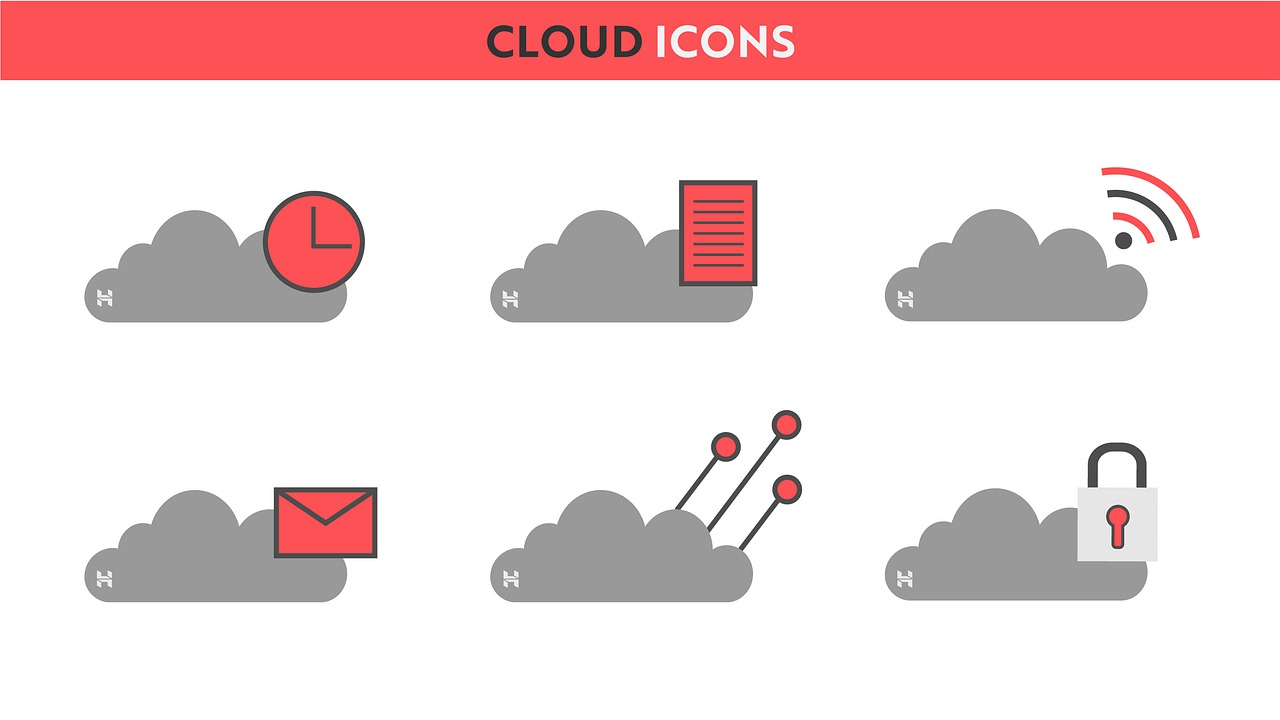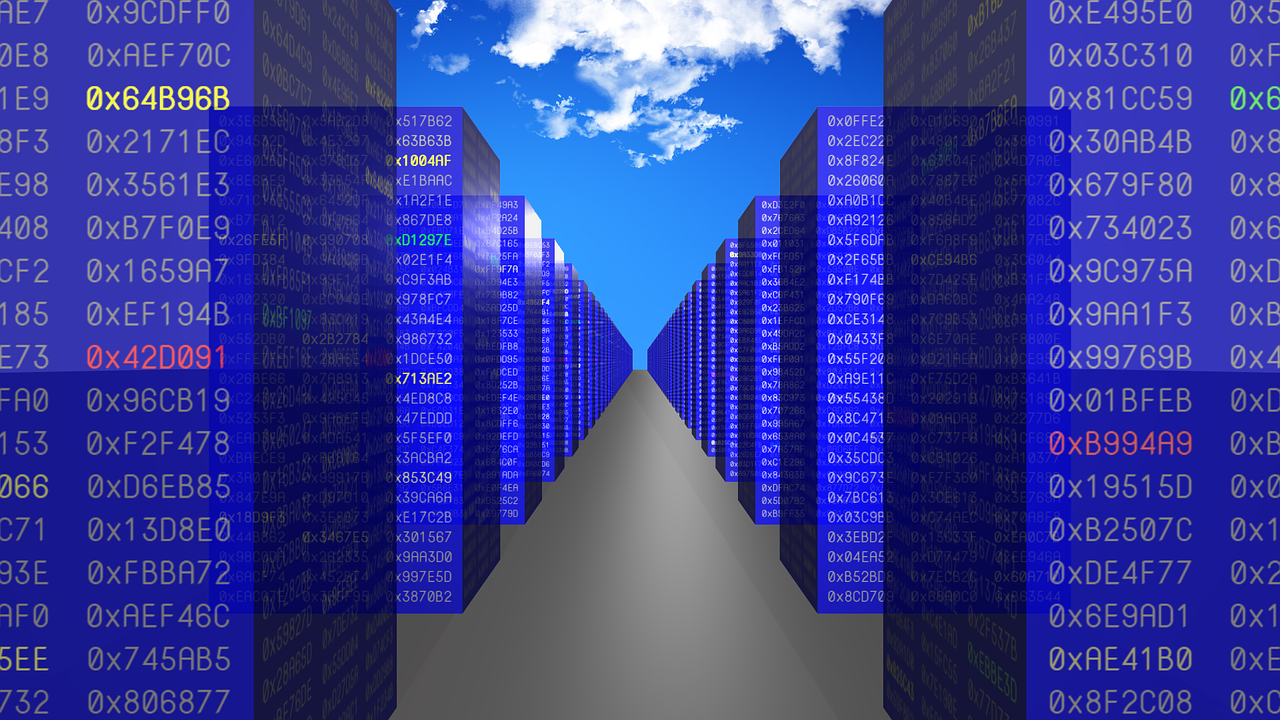
 What Is a Data Center
What Is a Data Center A data centre can be described as a place where servers are stored. The idea behind this type of facility is to house lots of computers so that companies can easily access them. Because it costs a lot to run the data centre, you need to ensure that you find somewhere else to put all that electricity and heat.
In order to keep the systems running smoothly, you will also need to hire experts who know how to operate the equipment. For example, you might need someone to monitor the temperature of the room.
What Are the Components of a Data Center?
A data centre is a room that houses computers. The purpose of these rooms is to store all of the information that you need.
There are different kinds of data centres. For example, one type of data centre contains servers. Servers hold the information that your computer uses. Another kind of data centre holds storage devices. Storage devices contain the information that you have saved on your hard drive.
Finally, there are also data centres where you can buy the equipment that you want. This is known as an Internet service provider (ISP). ISPs sell you space in their server farms so that you can use the internet.
Power
A data centre is where all your information lives. And, when you have a lot of information that needs to be protected, you need to make sure that the power supply to the building is reliable.
If you’re wondering how you can keep the lights on at your business, you should know that there are many different ways to do this. For example, you could install solar panels. Or you could use batteries.
However, the most important thing is to choose a good supplier. The best way to do this is to ask around. You can also look online to find reviews from other companies. This will help you figure out whether or not the company is reputable.
Cooling
A data centre is a facility that houses servers and other electronic equipment. There are many different kinds of data centres, but most of them have one thing in common: lots of computers. The temperature inside a data centre can be extremely high, so cooling systems must work overtime to keep things cool.
There are two main ways to cool down a data centre: air conditioning and water cooling. Air conditioning uses fans to move cold outside air into the building. Then, the heat from the electronics is transferred to the cooled air.
Water cooling works in the opposite way. Fans blow hot air away from the computer, while cool water is pumped through pipes. This keeps the computers warm, even when the room is at a lower temperature.
In order to make sure that the server stays running smoothly, it needs to stay cool. If the temperatures get too high, the performance of the machine will start to decrease.
Network
A data centre is a building where information technology (IT) equipment such as computers, servers, routers, switches, etc. are housed. The IT equipment in a data centre is connected by high-speed networks so that the users of the system can access the information stored on the devices.
Network:
A network consists of two or more computer systems linked together. This allows them to communicate with each other.
You might be wondering why your laptop doesn’t connect to the internet. That’s because you’re using a local area network (LAN).
Security
A data centre is a building that houses computers, servers, networking equipment, routers, switches, and other IT devices. If you’re looking to build your own data centre, you’ll need to consider security issues before you start construction.
There are many ways to protect the information in your data centre. For example, you should make sure that all of the doors are locked at night. You also have to be careful when you leave work each day. That’s because it’s easy to forget to lock up a server room after hours. And if someone does manage to get into the facility, they could potentially steal sensitive information.
What Are the Types of Data Centers?
When you’re looking to purchase a new home, you need to know that you have enough space to live comfortably. This is why you should make sure to check out the size of your room before you buy. If you want to learn more about this, read the article below.
There are three main categories of data centres. The first type is the traditional data centre. Traditional data centres usually house servers and other equipment in a single building.
The second type of data centre is known as the cloud computing facility. Cloud computing facilities are used by businesses to store and process large amounts of information.
Finally, there is the Internet of Things (IoT) data centre.
On-premises:
If you’re thinking about setting up your own data centre, then you might be wondering how you can get started. If this is the case, then you’ll want to check out the article below. This guide will explain everything that you need to know before getting into the business.
Setting up a new data centre isn’t as easy as many people would have you believe. You should expect to spend a lot of money on equipment, and you also need to make sure that you hire the right people.
You should start by looking at the competition. How does their facility compare to yours? What kind of service do they provide?
Colocation:
When you run a business, you need to make sure that you have all of the necessary resources. If you don’t, then you might be missing out on a lot of opportunities. For example, you could miss out on potential customers, or you could lose valuable data.
If you’re running your own company, then you’ll want to look into colocating. This means that you will share space with another organization. You’ll be able to use their equipment and storage facilities. And, you won’t have to worry about any of the maintenance issues.








